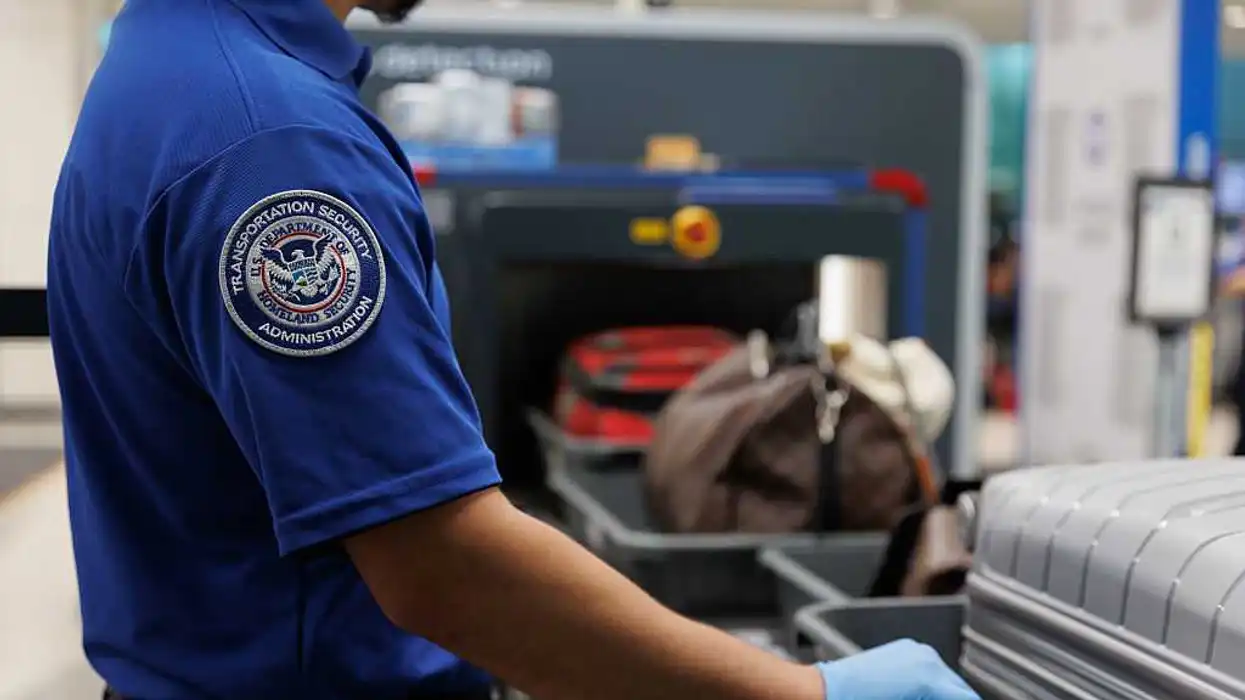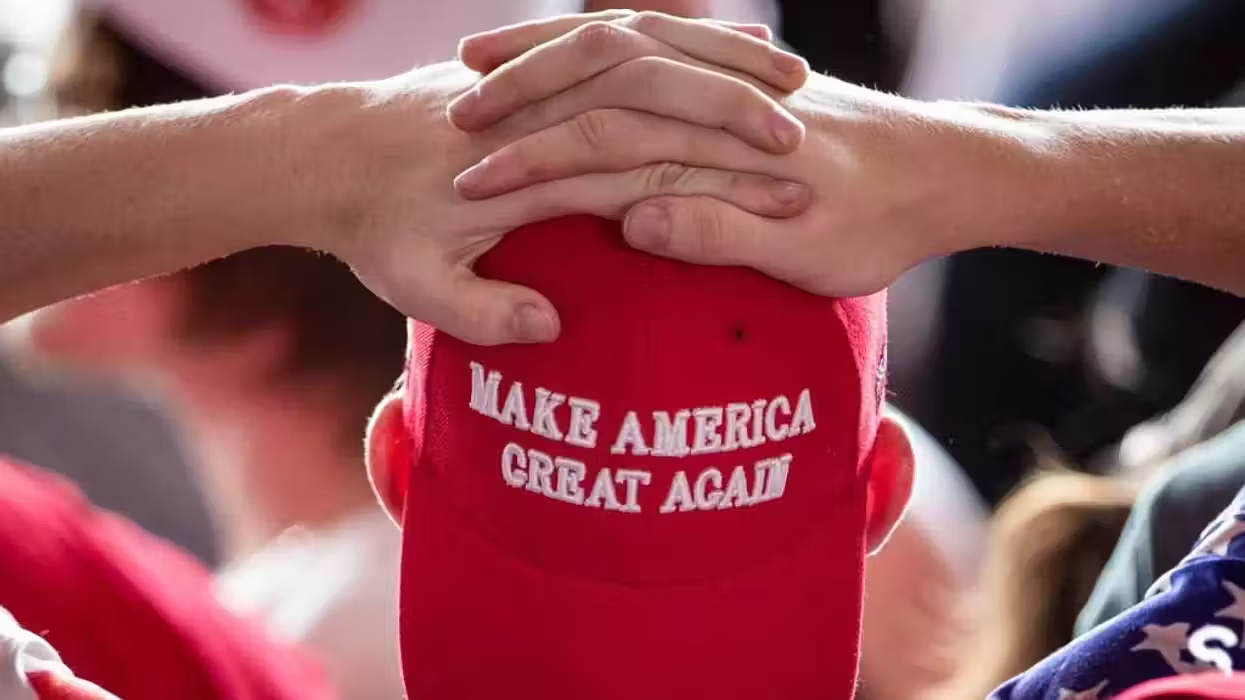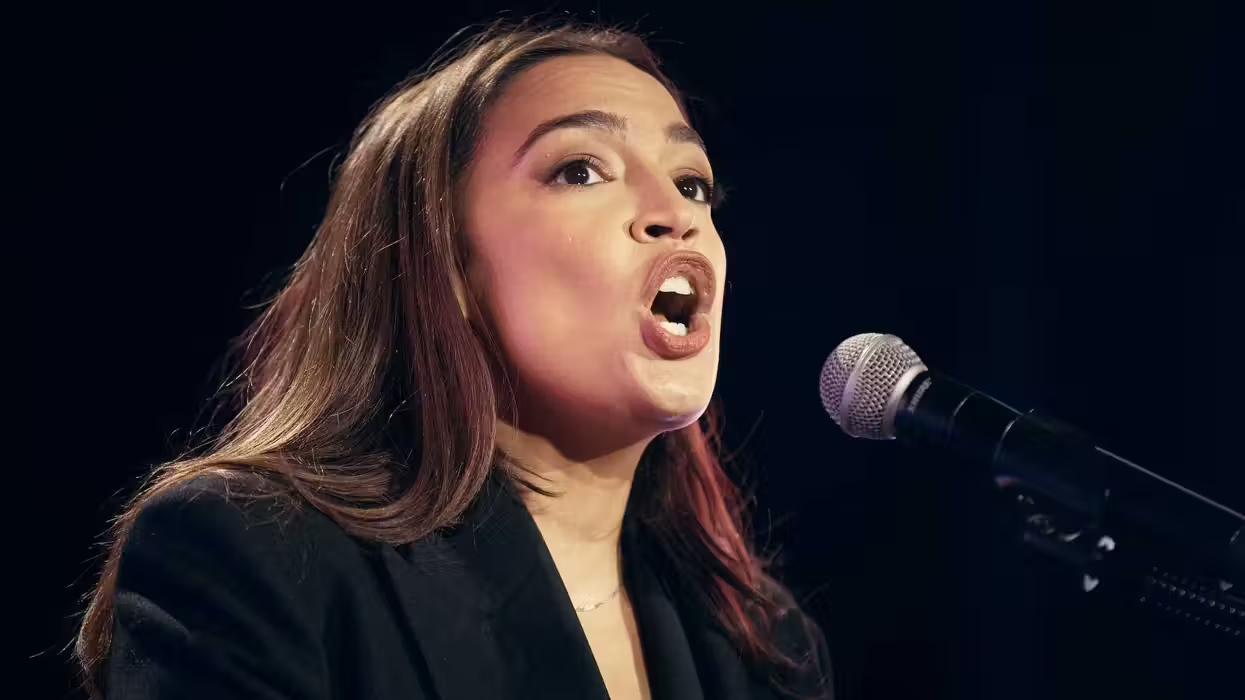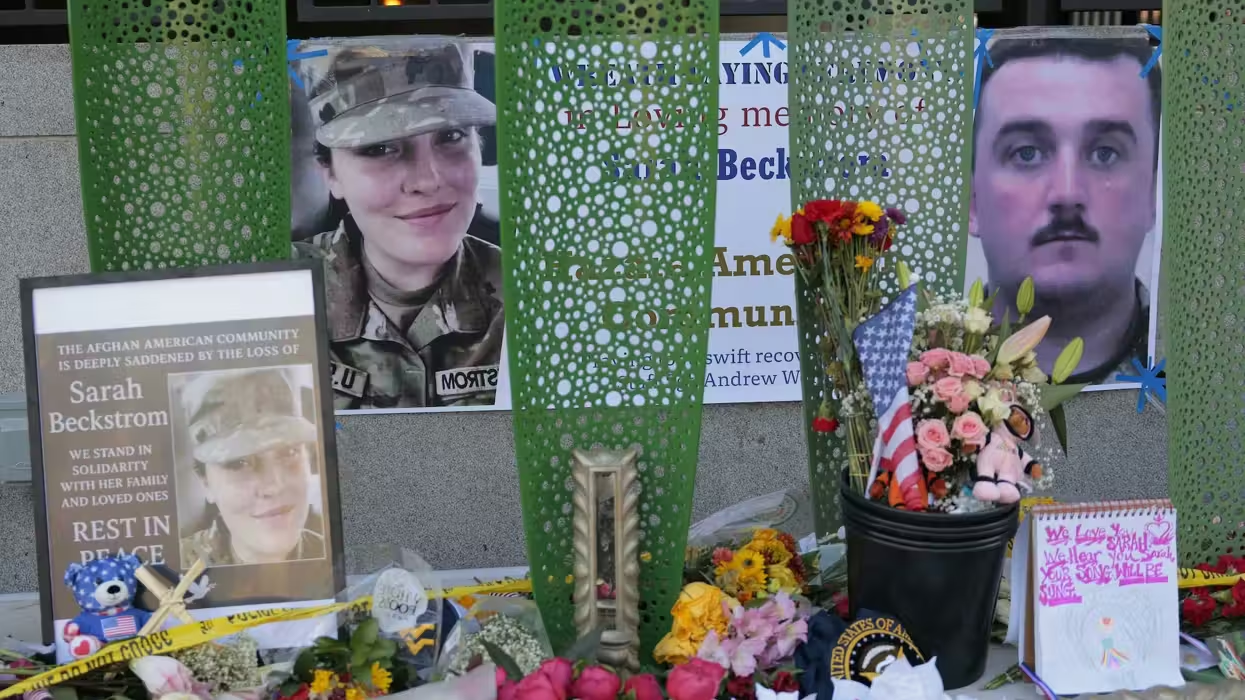
© 2025 Blaze Media LLC. All rights reserved.
Eat the rich.
 Nicolas Maduro, Hugo Chavez's handpicked successor. (Getty Images)
Nicolas Maduro, Hugo Chavez's handpicked successor. (Getty Images)
The people of Venezuela are grappling with a nationwide shortage of toilet paper, an all too common occurrence in socialist states.
But rather than revisit the country’s approach to economics and price controls, President Nicolas Maduro said this week that shortages in luxury items are the result of a shadowy conspiracy concocted by his wealthy and conservative opponents.
“President Nicolas Maduro, who won a narrow majority in April's presidential elections, maintains that the country's periodic shortages of basic goods are the result of a conspiracy by the opposition and rich sectors of society,” the BBC reports.
“Mr Maduro has vowed to uphold the legacy of his late predecessor, Hugo Chavez, whose ‘21st-Century socialism’ involved sweeping nationalisation and extensive social programmes,” the report continues.
Of course, many analysts believe that the Venezuelan government’s overbearing controls are to blame for the shortages, not some shadowy right-wing conspiracy.
"Price controls, for example, act as a disincentive to local producers, forcing them to cut output," said Consensus Economics, a survey organization.
"The resulting scarcity forces up inflation, defeating the entire purpose of price controls in the first place,” the group adds.
But don’t worry: Venezuela's National Assembly has a plan that they say will address the shortages.
The Assembly has “backed plans to import 39 million rolls of toilet paper, in an effort to relieve a chronic shortage,” BBC reports. “Lawmakers voted to approve a $79m credit for the country's ministry of commerce, which will also be used to buy toothpaste and soap.”
“The oil-rich nation relies on imports, but currency controls have restricted its ability to pay for foreign goods,” the report adds.
Of all the countries in Latin America, Venezuela has the highest inflation rate (currently about 25 percent). Meanwhile, the country’s currency (the bolivar) has devalued precipitously over the past couple of years, falling by as much as 32 percent in February:
 This five-year chart shows the VEF-USD exchange rate. The line dropping means that the Venezuelan currency has become weaker against the U.S. dollar (remember, it's bolivar to dollar). (Bloomberg)
This five-year chart shows the VEF-USD exchange rate. The line dropping means that the Venezuelan currency has become weaker against the U.S. dollar (remember, it's bolivar to dollar). (Bloomberg)
But it’s probably the work of the wealthy.
--
Follow Becket Adams (@BecketAdams) on Twitter
Featured image Reuters.
Want to leave a tip?
We answer to you. Help keep our content free of advertisers and big tech censorship by leaving a tip today.
Want to join the conversation?
Already a subscriber?
more stories
Sign up for the Blaze newsletter
By signing up, you agree to our Privacy Policy and Terms of Use, and agree to receive content that may sometimes include advertisements. You may opt out at any time.
Related Content
© 2025 Blaze Media LLC. All rights reserved.
Get the stories that matter most delivered directly to your inbox.
By signing up, you agree to our Privacy Policy and Terms of Use, and agree to receive content that may sometimes include advertisements. You may opt out at any time.






